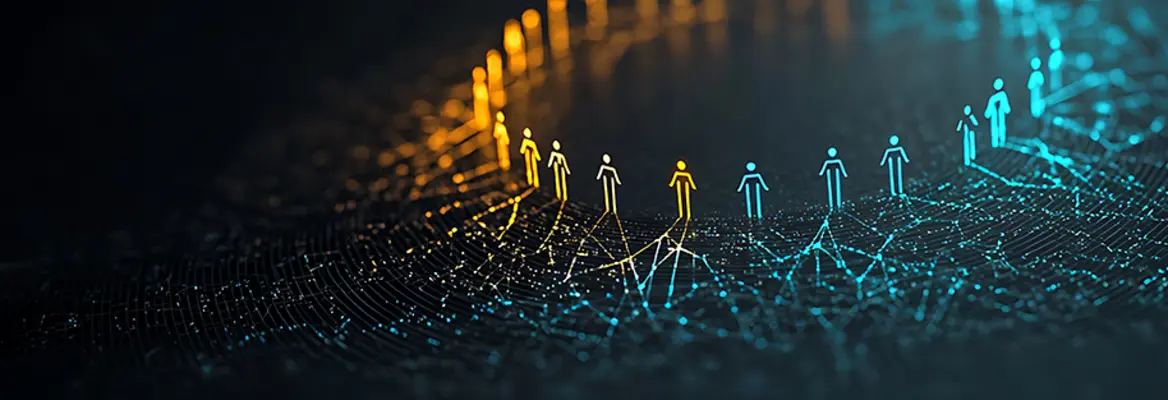When politicians insist that they’re “following the science”—as if it reveals impersonal, unquestionable truths—they promote a dangerous illusion. Evolutionary psychologist Pascal Boyer warns that, like traditional diviners reading horoscopes or entrails, leaders invoke “the science” to offload responsibility, avoid conflict, and cloak decisions in inevitability. But science is no oracle: it is a human process of debate, judgement and dissent. Framing it as divine revelation betrays science’s spirit. Divination’s ubiquity in traditional societies suggests it serves deep social functions, and that humans are wired to seek impersonal truths. But we must resist the urge to turn science into an oracle.
Truth is in the pebbles
How do you find out the truth? One recommended procedure, at least in some parts of the world, consists in throwing pebbles on the ground and studying the patterns they form—they provide a positive or negative answer to the question you asked before casting the stones. In other places, a specialist will help you find out the truth by throwing dice, monitoring the flight of birds, examining a sacrificed animal’s entrails, casting horoscopes or drawing cards from a pack.
___
There is a subtle rationality here that we can elucidate if we examine how divination is actually used, and what makes it so useful in some circumstances.
___
Divination is documented in the earliest historical records. It occurs on all continents and in all societies, from bands of foragers to industrial societies. People consult diviners, partly to discern the future but more often to figure out the present: Are the gods angry with me? Is someone using witchcraft to make me sick? Is my spouse cheating on me? Are my office colleagues conspiring against me? Or, as lovers intone as they pluck petals, does that special person love me or love me not?
People have derided such practices for a long time. Cicero composed a whole treatise, De Divinatione, to debunk what he called old ladies’ superstitions. Most of us would concur. How could small pebbles thrown in the sand, or the shapes of a goat’s intestines, tell you what grievances your relatives harbor against you?
But there is a subtle rationality here that we can elucidate if we examine how divination is actually used, and what makes it so useful in some circumstances.
The method in the apparent madness
Consider the kinds of situations in which people may use divination, situations that often occur in many small-scale, so-called “traditional” societies, including in the village where I did fieldwork in Central Africa. A man in the village has been sick for a while, feeling exhausted at all times. A married woman is worried because she has experienced several miscarriages and is still childless. They have both received help from Western-style physicians. Everyone understands that something in their bodies is not working properly. But the question is, why did that happen to them in particular, and why now? That is where witchcraft beliefs become relevant. Everybody in these communities assumes that some people out there (whether they are aware of it or not) can inflict some mystical harm on others—make them sick, weak or infertile, ruin their crops, start family disputes, etc.





















Join the conversation